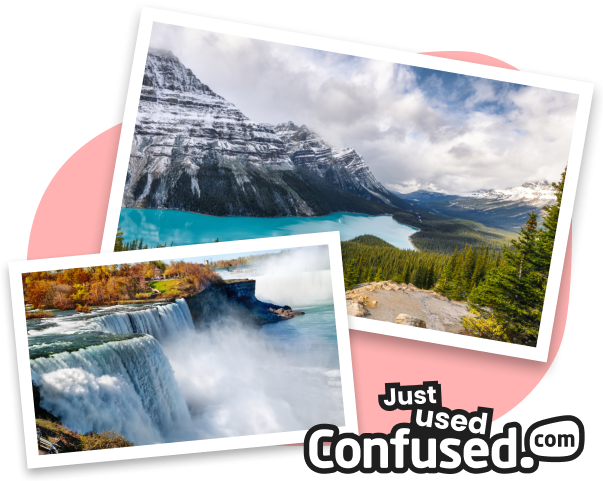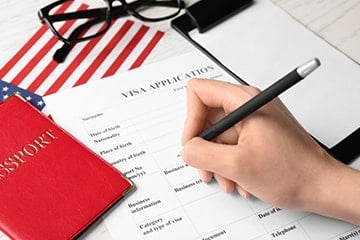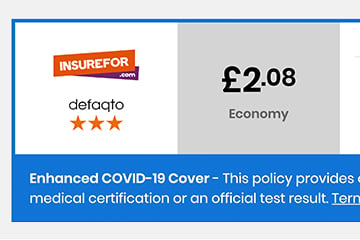"Popular activities in Canada aren't usually covered by a standard travel insurance policy, like skiing. But, that doesn't mean that you need to change your holiday itinerary.
Instead, just make sure you read the policy details carefully before buying. That way, you'll know if you need to take out additional cover for any activities you plan to do."








